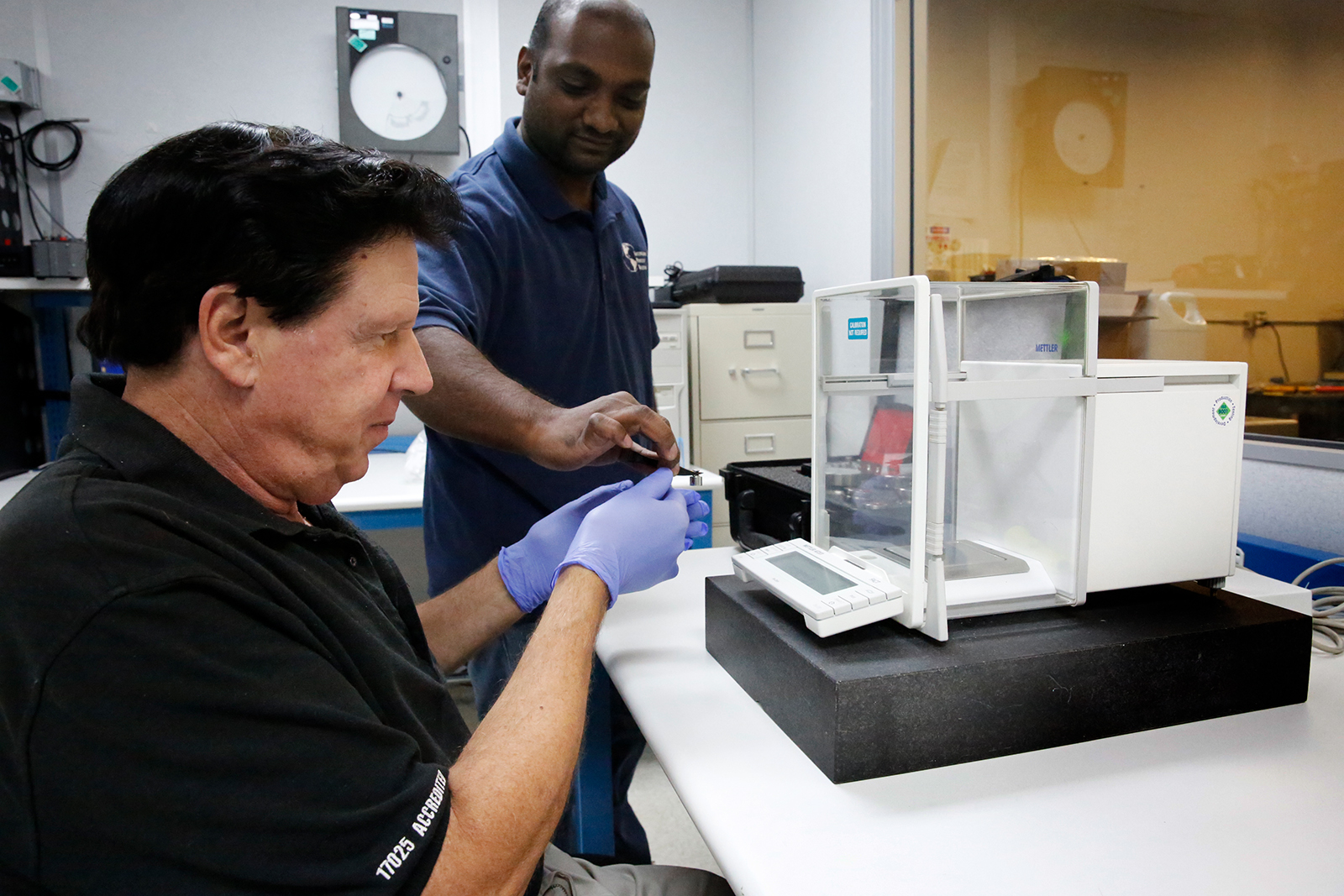
In the meticulous and highly regulated field of pharmaceuticals, the accuracy and reliability of laboratory equipment cannot be overstated. Calibration, a critical process within pharmaceutical labs, ensures that equipment performs not only within acceptable ranges but with the utmost precision. This article delves into the pivotal role of calibration in pharmaceutical labs, highlighting its significance in ensuring product quality, compliance with international standards, and ultimately, patient safety.
Calibration is the process of configuring an instrument to provide a result for a sample within an acceptable range. Accurate measurement is the bedrock of pharmaceutical research and production. Whether it’s weighing active ingredients, controlling the pH of a solution, or measuring the temperature and humidity of a storage area, the precision of these measurements can significantly affect the quality and efficacy of pharmaceutical products. Regular calibration of equipment mitigates the risks of inaccuracies, ensuring that each product meets its specification with high precision.
Regulatory bodies around the world, including the U.S. Food and Drug Administration (FDA) and the European Medicines Agency (EMA), mandate stringent compliance with calibration protocols. These standards ensure that pharmaceutical products are consistently produced and controlled according to quality standards. Calibration records and certificates are often scrutinized during audits and inspections. Failure to comply can result in severe repercussions, including product recalls, legal action, and damage to reputation.
The ultimate goal of pharmaceutical labs is to produce medications that are safe and effective for patient use. Calibration plays a critical role in this process by ensuring that all measurements and processes are accurate, thereby guaranteeing the quality and consistency of pharmaceutical products. This not only supports the health and safety of end-users but also reinforces the trust and credibility of pharmaceutical companies.
Unreliable measurements can lead to product failures, wastage of valuable materials, and costly rework. By ensuring equipment is calibrated and operating correctly, pharmaceutical labs can significantly reduce waste and increase operational efficiency. This not only has a direct impact on the bottom line but also supports environmental sustainability by minimizing waste.
Accurate and reliable equipment is crucial for pharmaceutical research and development (R&D). Calibration ensures that experimental results are consistent and reproducible, facilitating the development of new drugs and therapies. This not only accelerates the R&D process but also enhances the chances of regulatory approval and market success.
The frequency of calibration depends on several factors, including the type of equipment, its frequency of use, and the regulatory requirements specific to a pharmaceutical lab’s operations. Best practices suggest that calibration should be performed:
At regular intervals, as defined by internal quality control procedures or regulatory guidelines.
Utilizing certified calibration services or standards traceable to national or international standards ensures the credibility and acceptance of calibration results.
Calibration in pharmaceutical labs is not just a regulatory requirement; it is a foundational aspect of ensuring the quality, safety, and efficacy of pharmaceutical products. By adhering to rigorous calibration protocols, pharmaceutical labs can maintain the highest standards of accuracy and reliability in their operations. This commitment to quality not only safeguards patient health but also enhances the reputation and competitiveness of pharmaceutical companies in the global market.
In summary, the importance of calibration in the pharmaceutical industry cannot be understated. It is a critical component of a comprehensive quality management system, ensuring that pharmaceutical products are produced consistently, safely, and effectively. As such, pharmaceutical labs must prioritize calibration as a key element of their operations, demonstrating a steadfast commitment to excellence and patient care.
International Process Solutions Is Here For You!
We’re here for you at every stage of your growth, creating the exact solution you need. Reach out now – we’d love to help. Call Today 650-595-7890
Service so good – it will make you look great.
No Comments